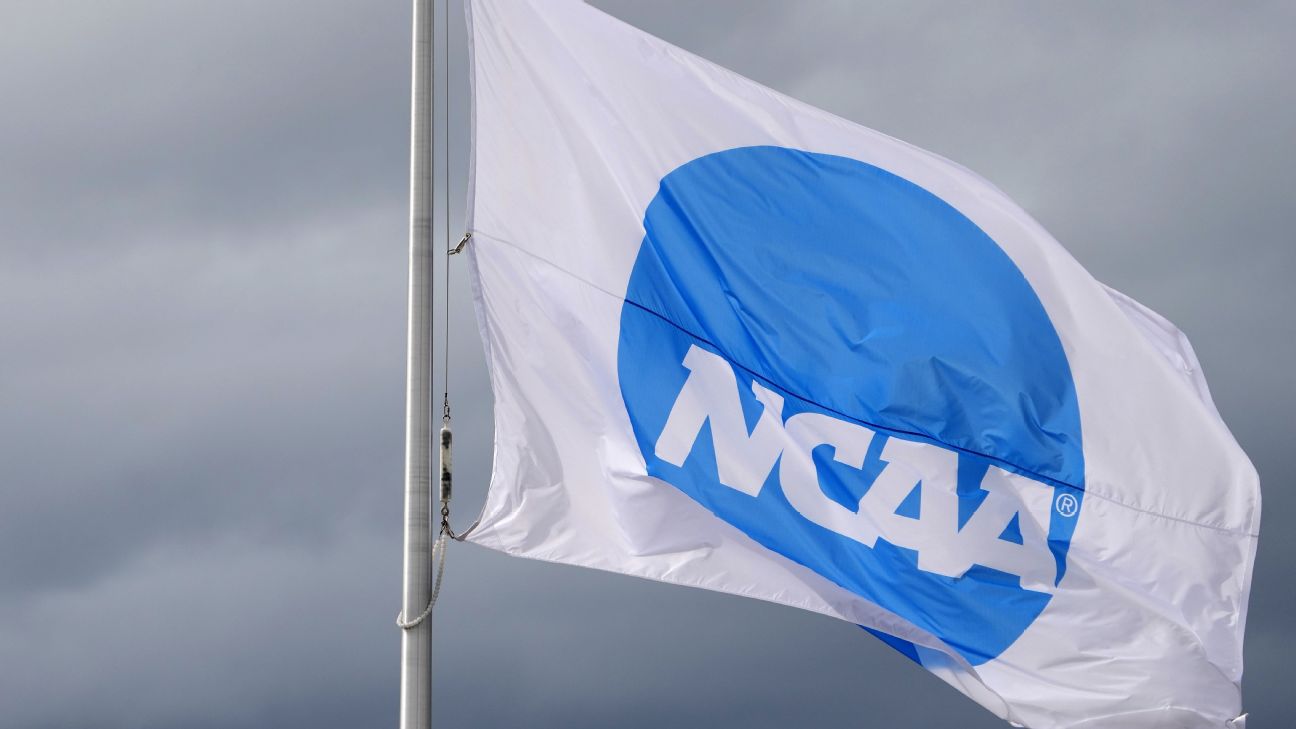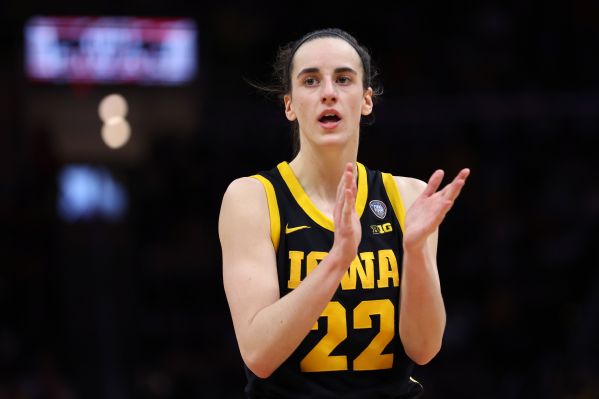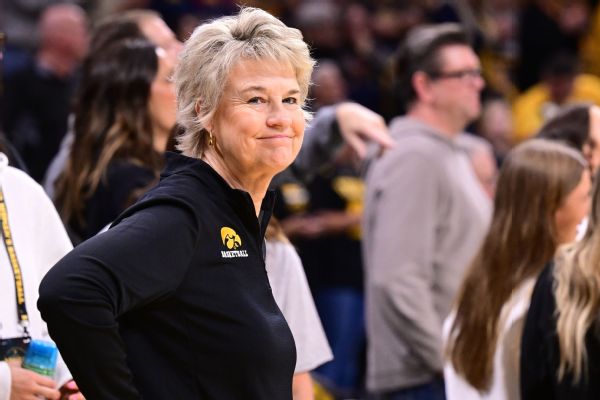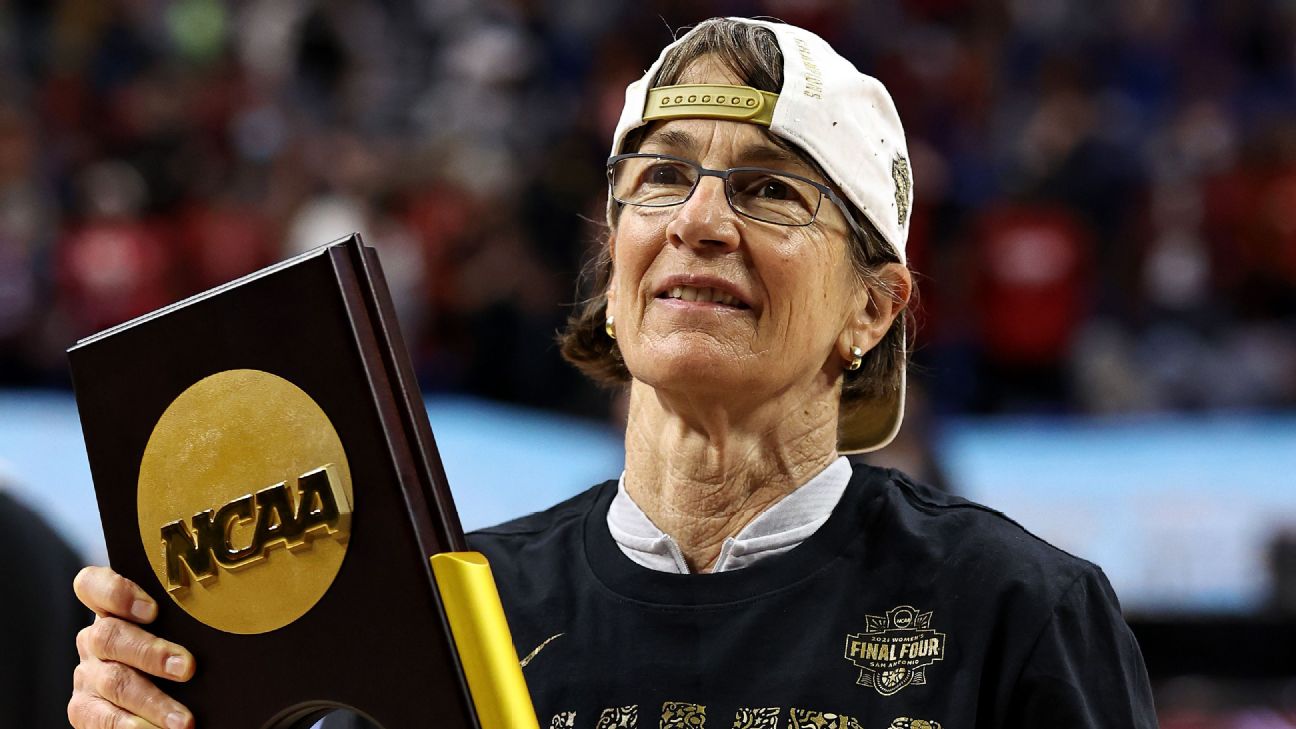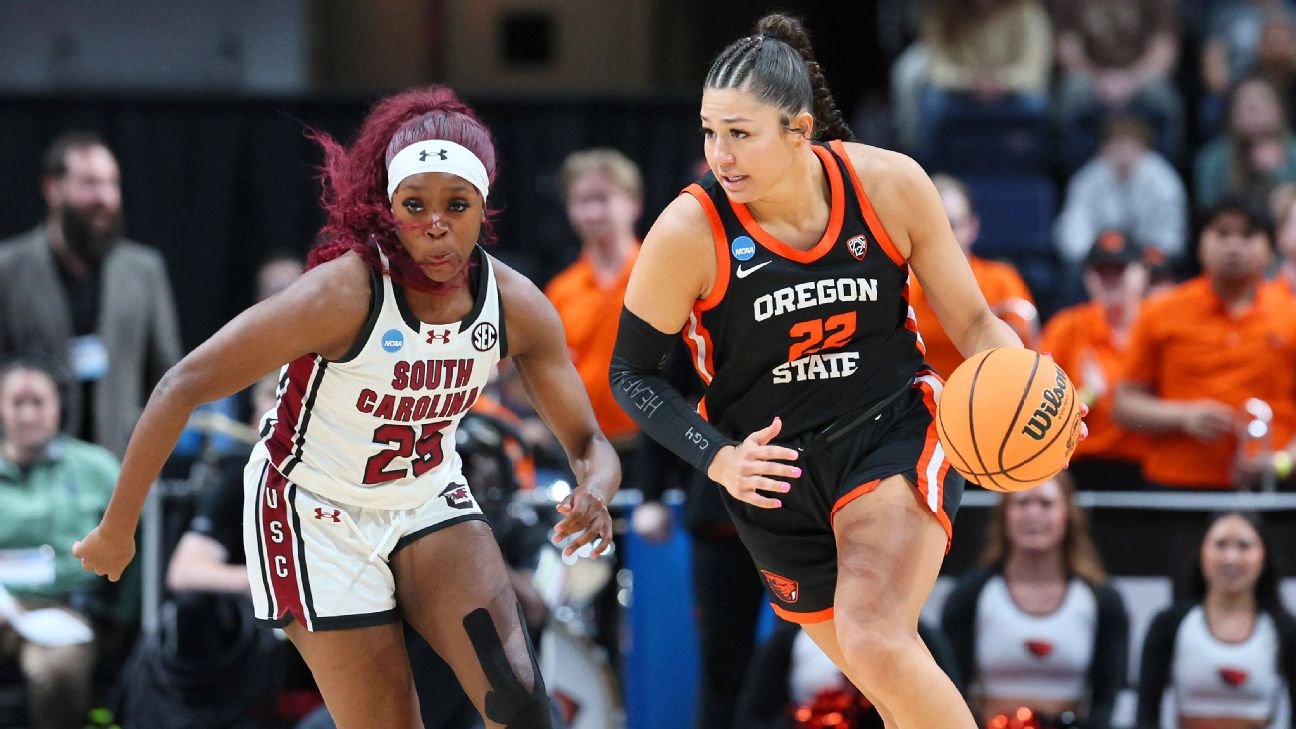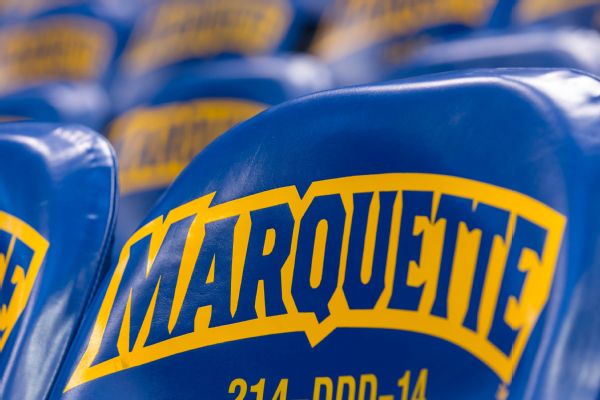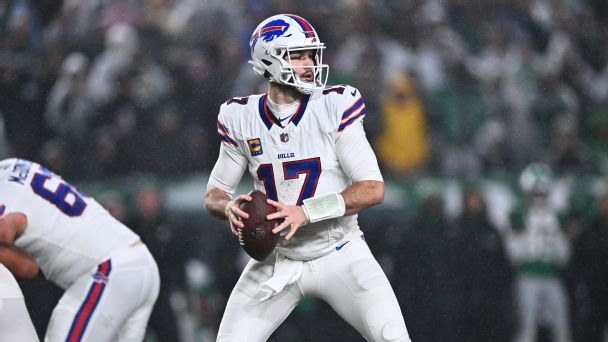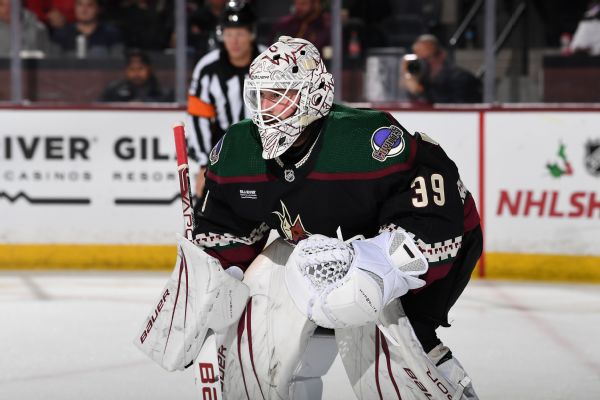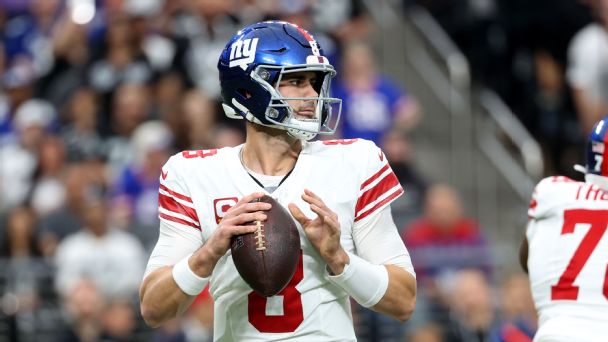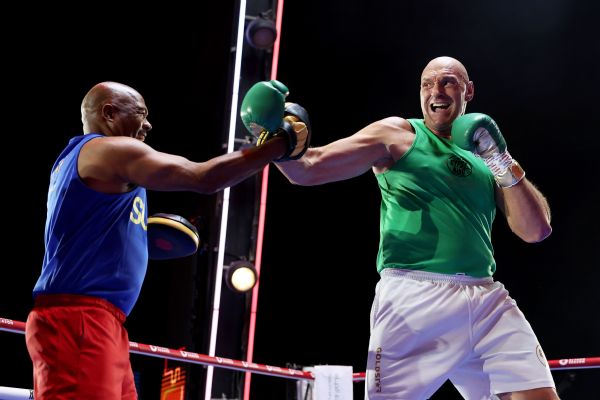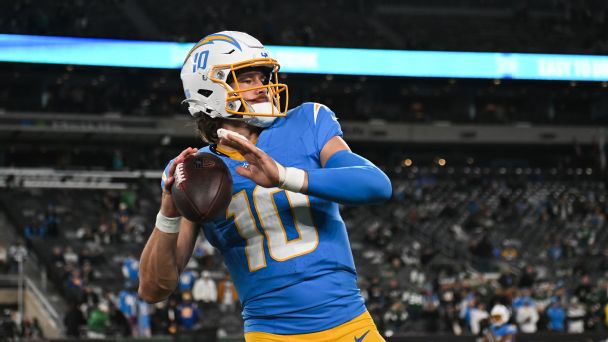![Devin Booker and Kevin Durant [608x342]](https://a.espncdn.com/photo/2024/0428/r1325852_608x342_16-9.jpg)
Premier League title rivals Arsenal and Man City drop 2024-25 home kits
The NBA has occasionally seen teams go all-in only to have their seasons end in disappointment. But never before has the league seen the situation the Phoenix Suns find themselves in after a crushing first-round series sweep loss to the Minnesota Timberwolves on Sunday night.
Their reality is the poker analogy ends here. Because of how deeply they've mortgaged their future and the new collective bargaining agreement rules that clamp down on the ability to alter its roster, Phoenix cannot address this season's shortcomings by simply buying back in or even hoping for a different hand.
Never before has a team been this devoid of options to alter its roster going into an offseason.
The high-risk/high-reward acquisitions of Kevin Durant and Bradley Beal to build a star trio with Devin Booker has left the franchise out four future first-round picks and six future second-round picks. Phoenix has also sent out four first-round pick swaps, effectively zeroing out its draft assets.
With next season's payroll already exceeding $200 million, the Suns will be in the NBA's second apron of the luxury tax, subjecting them to heavy restrictions on trades and free agency. Also, they can't freely re-trade Beal, even if they wanted to reformat their top three stars, as he retained the no-trade clause he had with the Washington Wizards.
Considering all this, how the Suns plan to fix some of this season's major issues -- namely their lack of a true starting point guard and one of the shallowest benches in the NBA -- without creating other holes, is a mystery.
Figuring those problems out is only part of what could be an uncomfortable offseason checklist. The Suns also have to address the future of coach Frank Vogel, who is under scrutiny after the whimper of a playoff exit, and manage a possible contract extension for Durant.
Starting July 8, Durant can extend his contract. He has two years and $106 million left on his hefty deal. He will also turn 36 at the start of training camp in September.
If the Suns and Durant want to, they can add one year for just under $60 million for the 2026-27 season, when Durant will be 38. This is not a no-brainer. However, how interested the Suns and Durant are in doing so creates a natural checkpoint in the relationship and something that will be closely watched elsewhere in the league. If there's no deal, for whatever reason, it will not project confidence in the future of the relationship.
Durant is likely to be named to the All-NBA team for the first time in three years after averaging 27.1 points, 6.6 rebounds and 5.0 assists. He was also remarkably healthy, playing in 75 games, his most since the 2018-19 season.
But there were times when he seemed lost within the offense, especially during the series against the Wolves, when he went large swaths of the game without being featured, acting either as a floor-spacing decoy or simply moving the ball to the next station.
This is where Durant's and Vogel's futures may be linked. Figuring out how to get the most out of the Suns' offensive stars is a question Vogel will have to answer. The front office and ultra-aggressive owner Mat Ishbia may consider making a coaching change in the coming days, just a year after they fired coach Monty Williams, who had led the team to the Finals in 2021.
Vogel, who has made a career of projecting confidence in every situation, clearly expects to be back.
"Very [confident]," Vogel said before Game 4 on Sunday. "I have the full support of Mat Ishbia."
At the least, Vogel will need to revamp his coaching staff. Associate head coach Kevin Young, who made $2 million this season as one of the NBA's highest-paid assistants, directed the offense but is now off to be BYU's new head coach.
In Vogel, the Suns saw a coach with a championship pedigree and a track record of massaging the egos of multiple star players. The Suns wanted a coach with a title on his résumé and spoke with ring-bearing coaches Mike Budenholzer and Nick Nurse before hiring Vogel.
The idea was Vogel's methods and strategies would maximize the team's star power, whereas Williams had been perhaps too rigid and slower to adapt. Even as the Suns were sluggish and inconsistent throughout the season, Vogel kept selling the belief the team would find a rhythm in time.
For various reasons, it never happened.
Beal missed most of the preseason and then played in six of the Suns' first 30 games, undercutting the plans of constructing chemistry on a team with just four returning players. The front office-endorsed concept of playing Booker at point guard had its moments; he averaged a career-high 6.9 assists and made the All-Star team, but Phoenix was never the offensive juggernaut that was dreamed of after the Beal acquisition.
In what was a theme for basically all facets of the team throughout the season, the stars were highly inconsistent on offense. With expectations they might end up with one of the most potent offenses in history, the Suns only mildly improved from being ranked 14th in offense in 2022-23 to 10th in this season. And it came with the defense dropping out of the top 10, where Williams had routinely kept it.
"We do have times in which adversity hits and we'll kind of just get flat," Beal said after the Suns' Game 3 loss Friday. "Why it happens, I wish I had an answer."
Another real issue for evaluating Vogel was the outright disaster the Suns were in fourth quarters, a devastating anchor that dragged the team to that No. 6 seed. Phoenix ranked last in the NBA in offensive efficiency in the fourth, a jarring stat considering the team's firepower, and 22nd in defensive efficiency.
On average the Suns were getting outscored by about 12 points per 100 fourth-quarter possessions during the regular season. It's where the Suns most felt the loss of floor general Chris Paul, who was the key salary piece traded to acquire Beal.
Vogel, naturally, was asked about this repeatedly during the season. It was the subject of deep analysis internally as the Suns' basketball operations department tried to understand the lineups, strategies and decisions leading to such letdowns. Vogel often didn't have a clear answer for what was going on because, as the deep diving revealed, there was no clear answer.
"It's all kinds of different things," Vogel said in February. "We've looked at all of it, and there's a lot of different things that are happening."
This is unsatisfying, if ultimately true. The Suns had issues with turnovers, ball stagnation, defensive lapses, playing too slow and periods of frigid shooting. Vogel tried various lineups, mostly aggressively moving Booker around as the team tended to struggle in fourth-quarter minutes when he sat. There just wasn't a glaring through line to focus on. Sometimes, including during the series loss to the Wolves, it came with a loss of composure.
"My frustration is just within the team. We need to execute. We play well when we're playing, and then we need to stick together once things turn bad," Booker said after the Game 2 loss. "We've done that throughout the season. [It's] something that has to be corrected."
The fourth quarters might not have been the root of all the Suns' problems.
The team lost the fourth quarter in 47 of 82 regular-season games but went 25-22 in those games. They were 43-10 when leading after three quarters.
The fourth quarter raw data is a basis for being rough on Vogel, and those losses pushed the Suns out of a better seed that might've bitten them in the end. But it wasn't the only culprit.
The roster construction was ultra top-heavy. Beal, Durant and Booker made $130 million combined and, as a result, on opening night the Suns had 10 players on minimum or two-way contracts. General manager James Jones traded four of them and signed two more during the season as the Suns searched high and low for cheap players who could provide some production.
The cost to acquire Durant and Beal hollowed out the roster and emptied Phoenix's stockpile of draft picks.
The Suns believed they'd scored with some of their minimum signings last summer, particularly Eric Gordon, Yuta Watanabe and Keita Bates-Diop who were desired elsewhere. But Vogel never found bench-heavy lineups that could be relied on, and the Suns ranked last in another key offensive stat: bench scoring, averaging 26.6 points per game.
Whatever blame can be directed at Vogel, trusting so heavily in brand-new minimum-salary players was a risky strategy that simply did not work.
This is why the Suns didn't have much room to maneuver when giving Grayson Allen a contract extension just before the start of the playoffs. Allen, who played his role as floor spacer beautifully in leading the league at 46.1% shooting from 3 and led the team with 205 of them, scored a four-year, $70 million contract earlier this month.
Restricted by collective bargaining agreement rules on high-salary teams, the Suns simply couldn't afford not to re-sign Allen. Had he left in free agency in July, the only way to replace him would've been the minimum salary market that let the Suns down this season.
The same advantage lies ahead for Royce O'Neale, a midseason pickup in a trade with Brooklyn. O'Neale doesn't need a big competing offer when he reaches free agency this summer to pressure the Suns. He played reasonably in 30 games after the trade, averaging 8.1 points and shooting 38% on 3s, but he can't be replaced were he to leave.
With Booker's 2022 supermax extension kicking in next season, the bill for Durant, Beal and Booker will balloon to $150 million in 2024-25. Assuming they keep their three stars together, the Suns will be a second-apron tax team. At that level, the new deal for Allen plus even a new deal for O'Neale that comes close to his $10 million salary from this season will create $100 million in luxury tax alone.
That's a long way of saying the Suns underachieved this season but are largely locked into this roster. They could explore the trade market for Jusuf Nurkic, who will make $18 million next season, but he is the franchise center, and any deal for him would have to include a plan to replace him with next to no salary flexibility.
If there are no significant roster moves, the Suns will have to find improvement from somewhere. It's not as simple as saying they can hope for better health.
Durant had a very healthy season, and Booker played 68 games after averaging 63 games over the previous six seasons. It may have felt like Beal was hurt a lot, but he played 53 games, the most he has played since 2020-21. If anything, the big three might project to play fewer games next season based on the trends.
The poker chips are in the middle of the table for the Suns and will have to remain there. That reality could lead to some soul-searching this summer where the best-case scenario is everyone agrees to give it another try and hope for better results in Year 2. The worst-case scenario might be that someone wants to fold.
If there's any drama from the Suns this offseason, that's where it could be.


